Contents
Introduction
Plato stands as a towering figure in Western philosophy, whose profound insights into the nature of knowledge, politics, and education have left an indelible mark on intellectual history. As both a student of Socrates and a mentor to Aristotle, Plato’s philosophical contributions have created a bridge between ancient wisdom and modern thought.
In this article, we will go through into his life and major works, examining how his ideas have shaped philosophical discourse and continue to influence modern thought. Discover more about his legacy and his impact on both historical and contemporary philosophy below.
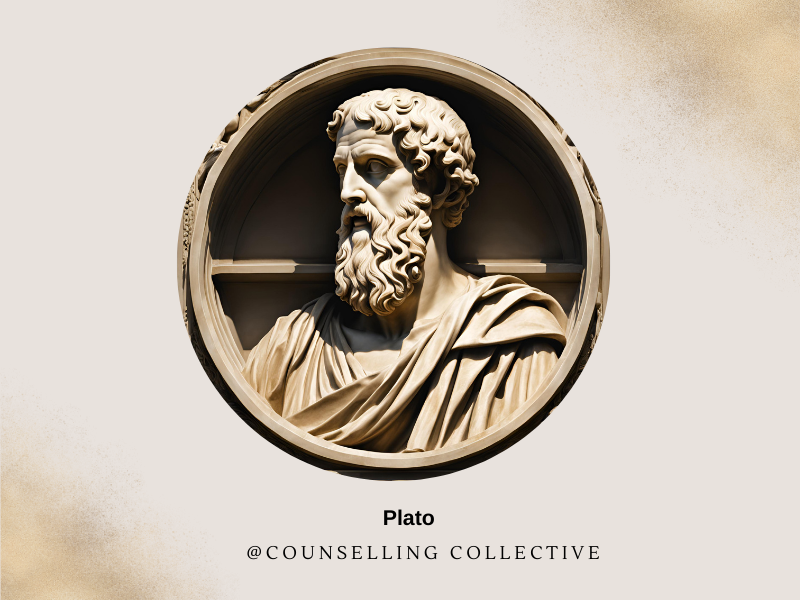
Life Of Plato
Plato, born around 427 BCE in Athens, Greece, emerged as one of the most influential philosophers in Western history. Growing up in an aristocratic family, he was exposed to a rich intellectual environment that shaped his philosophical outlook.
He never married or had children. These interactions were foundational to his philosophical inquiries and teachings, shaping his influential works and approach to education.
Image Source: The Greek philosopher Plato was a student of Socrates and a teacher of Aristotle. Leonidas Drosis via Wikimedia Commons, CC BY-SA 4.0 DEED
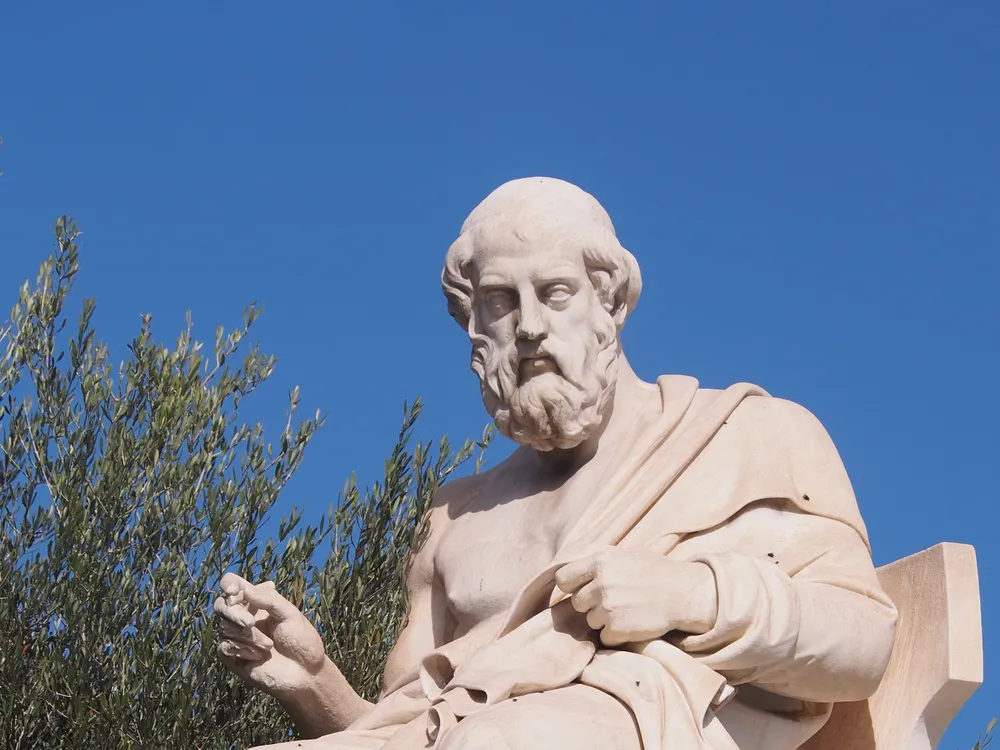
- Early Life: Ariston and Perictione, likely in Athens or Aegina between 429 and 423 BCE, during the Peloponnesian War. His birth name might have been Aristocles, and he may have had several siblings, including Adeimantus, Glaucon, and Potone. His uncle, Pyrilampes, was potentially linked to Pericles, a prominent leader of Athens’s democratic faction.
- Historical Context: Despite early successes with their dominant navy and Pericles’ strategy of engaging enemies at sea while staying behind city walls, Athens faced devastating consequences when a plague broke out in the city the following year, killing an estimated 75,000 to 100,000 people, including Pericles himself.
- Education: He is believed to have received a well-rounded education, including traditional Greek subjects such as grammar, music, and physical training. According to many ancient sources, he was also noted for his skills as a wrestler.
Plato passed away around 347 BCE, leaving behind a monumental body of work that continues to inspire and challenge philosophical thought.ought to this day.
Education Background of Plato
| Aspect | Details |
| Early Education | He was educated in the tradition of Athenian intellectualism, focusing on rhetoric and poetry. His early education was influenced by his family and the cultural milieu of Athens. |
| Study with Socrates | He became a student of Socrates around the age of 20. Socrates’ teachings had a profound impact on Plato, shaping his philosophical outlook. |
| Travels and Studies | After Socrates’ death, He traveled extensively, studying in places such as Egypt and Italy. He encountered various philosophical traditions and thinkers, which influenced his own ideas. |
| Founding of the Academy | Around 387 BCE, he established the Academy in Athens, one of the first institutions dedicated to higher learning and philosophical inquiry. |
| Philosophical Focus | At the Academy, Plato taught philosophy, mathematics, and the sciences. His curriculum reflected his belief in the importance of a broad intellectual foundation. |
Famous Quotes By Plato
His quotes continue to inspire and provoke thought on a wide range of topics, from ethics to knowledge and human nature. Here are some of his most memorable quotes:
Wise men speak because they have something to say; Fools because they have to say something.
- A reflection on the difference between meaningful communication and empty chatter.
Courage is knowing what not to fear.
- From Laches, this quote defines true courage as understanding and confronting real threats rather than being fearless in general.
Justice means minding your own business and not meddling with other men’s concerns.
- From Republic, this quote outlines a view of justice based on the proper roles and responsibilities of individuals in society.
We can easily forgive a child who is afraid of the dark; the real tragedy of life is when men are afraid of the light.
- A commentary on the fear of knowledge and truth as a serious issue in human development.
You can discover more about a person in an hour of play than in a year of conversation.
- This quote highlights the value of understanding people through their actions and interactions rather than just words.
Notable Works of Plato
Through dialogues and theoretical frameworks, He addressed fundamental issues about the ideal state, the nature of virtue, and the role of knowledge. His works continue to be central to philosophical study, offering insights into the complexities of human existence and the pursuit of truth.
To better understand his contributions, here’s a comparative table of his most notable works, highlighting their key themes and significance:
| Theory/Work | Details | Significance |
| Theory of Forms (Theory of Ideas) | Non-material abstract forms (or ideas) represent the most accurate reality. The physical world is a shadow of this ultimate reality. | Influenced Western metaphysics and epistemology, laying the foundation for distinguishing between the physical and |
| Theory of Knowledge (Epistemology) | Distinguishes between belief and knowledge. Knowledge is a justified true belief and a recollection of the soul’s understanding of forms before incarnation. | Contributed to the development of epistemology, impacting theories of knowledge and the nature of learning and understanding. |
| Theory of the Soul | The soul has three parts: rational, spirited, and appetitive. Harmony among these leads to a just individual. | Influenced psychology and ethics, contributing to the understanding of human nature and the importance of balance in personal development. |
| Allegory of the Cave | Prisoners in a cave perceive shadows as reality, illustrating ignorance. Enlightenment comes from understanding the forms. | Symbolizes the journey from ignorance to enlightenment, impacting educational philosophy and the concept of intellectual and spiritual awakening. |
| Theory of Love (Platonic Love) | Describes love as a force leading from physical attraction to appreciation of true beauty and the form of beauty itself. | Introduced the concept of Platonic love, emphasizing spiritual and intellectual connections over physical attraction, influencing romantic and philosophical views. |
Famous Books and Publications
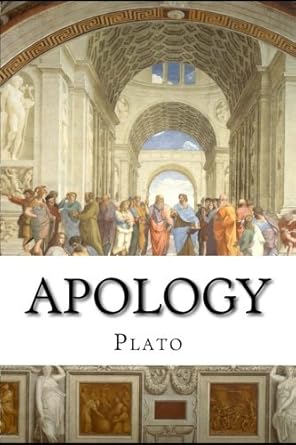
Apology 399-387
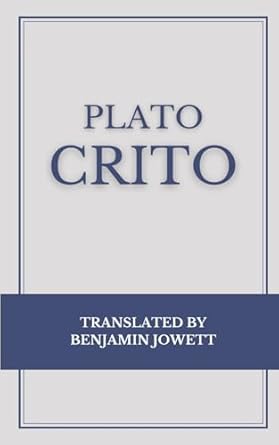
Crito 399-387 BCE
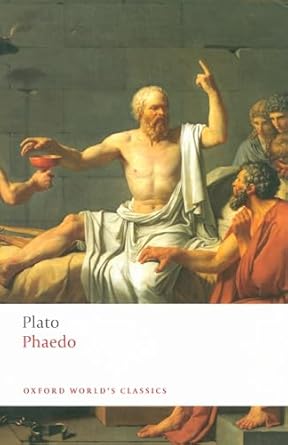
Phaedo 399-387 BCE

Republic 380 BCE
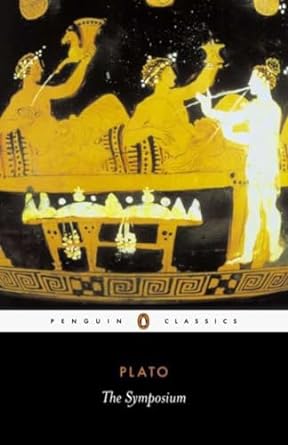
Symposium 385-370 BCE
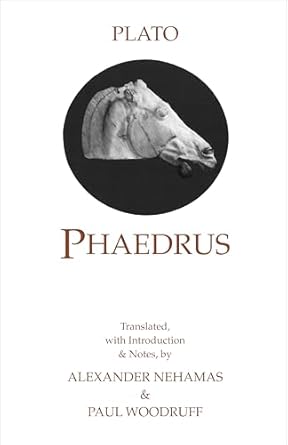
Phaedrus 370 BCE
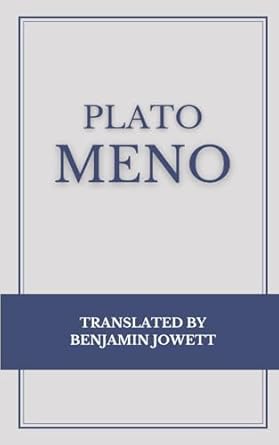
Meno 385 BCE
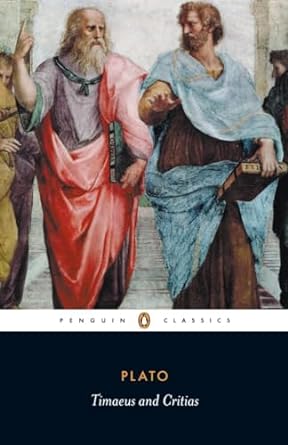
Timaeus 360 BCE
Influence on Contemporary and Future Psychological Research
- Theory of Forms: Plato’s Theory of Forms asserts that non-material abstract forms represent the truest reality, beyond the physical world. This theory has deeply influenced modern psychology by shaping the understanding of psychological constructs such as ideals and archetypes.
- Tripartite Soul: Plato’s model of the soul divides it into three distinct parts: rational, spirited, and appetitive. This classification has significantly impacted contemporary theories of personality and motivation. It underscores the complexity of human nature and the interplay between different motivational forces.
- Philosophical Dialogues: Plato’s use of dialectical reasoning through philosophical dialogues has had a lasting impact on cognitive and developmental psychology. His method emphasizes the importance of structured dialogue and questioning in the pursuit of knowledge.
- Allegory of the Cave: The Allegory of the Cave illustrates the journey from ignorance to enlightenment, using the metaphor of prisoners perceiving only shadows on a wall. This allegory has shaped phenomenological and existential psychology by emphasizing the role of perception in shaping reality.
Psychologists Influenced by Plato’s Work
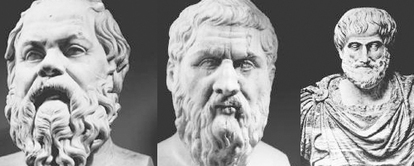
- Aristotle – Expanded on Plato’s theories, contributing to the development of logic, metaphysics, and ethics. His works on empirical observation and categorization laid the groundwork for scientific and psychological inquiry.
- Plotinus – Developed Neoplatonism, which reinterpreted Plato’s theory of forms and contributed to early psychological concepts of the self and the nature of reality.
- Augustine of Hippo – Integrated Platonic ideas into Christian doctrine, influencing the understanding of the soul, consciousness, and the nature of human behavior from a theological perspective.
- Renee Descartes – Although not directly influenced by Plato, Descartes’ dualism and focus on reason were shaped by Platonic ideas on the mind and its relationship to the body, impacting modern psychological thought on consciousness and identity.
Legacy Of Plato
- Foundational Philosophy: Plato’s theory of forms established a framework for understanding abstract concepts and ideals, which continues to influence metaphysical and epistemological discussions.
- Socratic Method: His method of questioning and dialogue, as depicted in his dialogues, remains a critical approach in both philosophical and educational settings for exploring ideas and developing critical thinking skills.
- Ethics and Politics: His works on ethics and politics, especially in “The Republic,” have profoundly impacted theories of justice, governance, and the role of the philosopher in society.
- Academy: He founded the Academy in Athens, one of the earliest institutions of higher learning in the Western world, influencing the development of academic and philosophical traditions.
- Influence on Later Thinkers: His ideas shaped the work of his student Aristotle and later philosophers like Plotinus and Augustine, affecting subsequent philosophical and psychological theories.
- Neoplatonism: His ideas were pivotal in the development of Neoplatonism, which integrated Platonic thought with other philosophical and theological traditions
Conclusion
Plato’s profound influence on Western philosophy is evident in his exploration of metaphysical, epistemological, and ethical questions. His Theory of Forms and Socratic method continue to shape philosophical and psychological discourse.
Through his establishment of the Academy and his integration of Platonic ideas into various traditions, Plato’s legacy endures, impacting both historical and contemporary thought. His contributions bridge ancient wisdom with modern understanding, ensuring his place as a seminal figure in the intellectual history of the Western world.
FAQs
What is Plato best known for?
He is best known for his Theory of Forms, which asserts that abstract, non-material forms represent the truest reality, beyond the physical world. He significantly influenced Western philosophy through his works on ethics, politics, and epistemology. His development of the Socratic method, a form of cooperative dialogue aimed at uncovering truth, remains a cornerstone of philosophical inquiry
What was the Academy?
The Academy was an institution founded by Plato in Athens around 387 BCE, dedicated to higher learning and philosophical inquiry. It was one of the earliest centers of education in the Western world, focusing on philosophy, mathematics, and the sciences. The Academy provided a space for scholarly discussion and research, influencing subsequent educational and intellectual traditions.
How did Plato influence Aristotle?
He influenced Aristotle profoundly as his teacher and mentor. Aristotle adopted and expanded upon many of his ideas, including his theories on metaphysics and ethics. While Aristotle disagreed with Plato’s Theory of Forms, he built on Plato’s foundational concepts to develop his own ideas on substance, causality, and the nature of reality.
What is the Allegory of the Cave?
The Allegory of the Cave is a metaphor presented in Plato’s “Republic” that illustrates the difference between the world of appearances and the world of reality. It depicts prisoners in a cave who see only shadows on a wall, symbolizing ignorance, and the journey to enlightenment.
How did Plato impact modern psychology?
He impacted modern psychology through several key concepts. His Theory of Forms influenced the understanding of abstract psychological constructs, such as ideals and archetypes. The Tripartite Soul, which divides the soul into rational, spirited, and appetitive parts, contributed to modern theories of personality and motivation.
Bibliography
- [1] Annas, J. (1981). An Introduction to Plato’s Republic. Oxford University Press.
- [2] Carone, G. R. (2005). Plato’s Metaphysics and Epistemology. Cambridge University Press.
- [3] Cooper, J. M. (1997). Plato: Complete Works. Hackett Publishing Company.
- [4] Kahn, C. H. (1996). Plato and the Socratic Dialogue: The Philosophical Use of a Literary Form. Cambridge University Press.
- [5] Lutz, D. S. (2008). Plato’s Theory of Forms and Its Influence. Routledge.
- [6] Nehamas, A. (2009). Plato: Life and Letters. Cambridge University Press.
- [7] Price, A. W. (1995). Plato’s Philosophy of Science. Oxford University Press.
- [8] Robinson, T. M. (1953). Plato’s Philosophy of Education. University of California Press.
- [9] Silverman, A. (2001). Plato’s Allegory of the Cave: A Philosophical Investigation. University of Chicago Press.
- [10] Vlastos, G. (1991). Socrates: Ironist and Moral Philosopher. Cornell University






